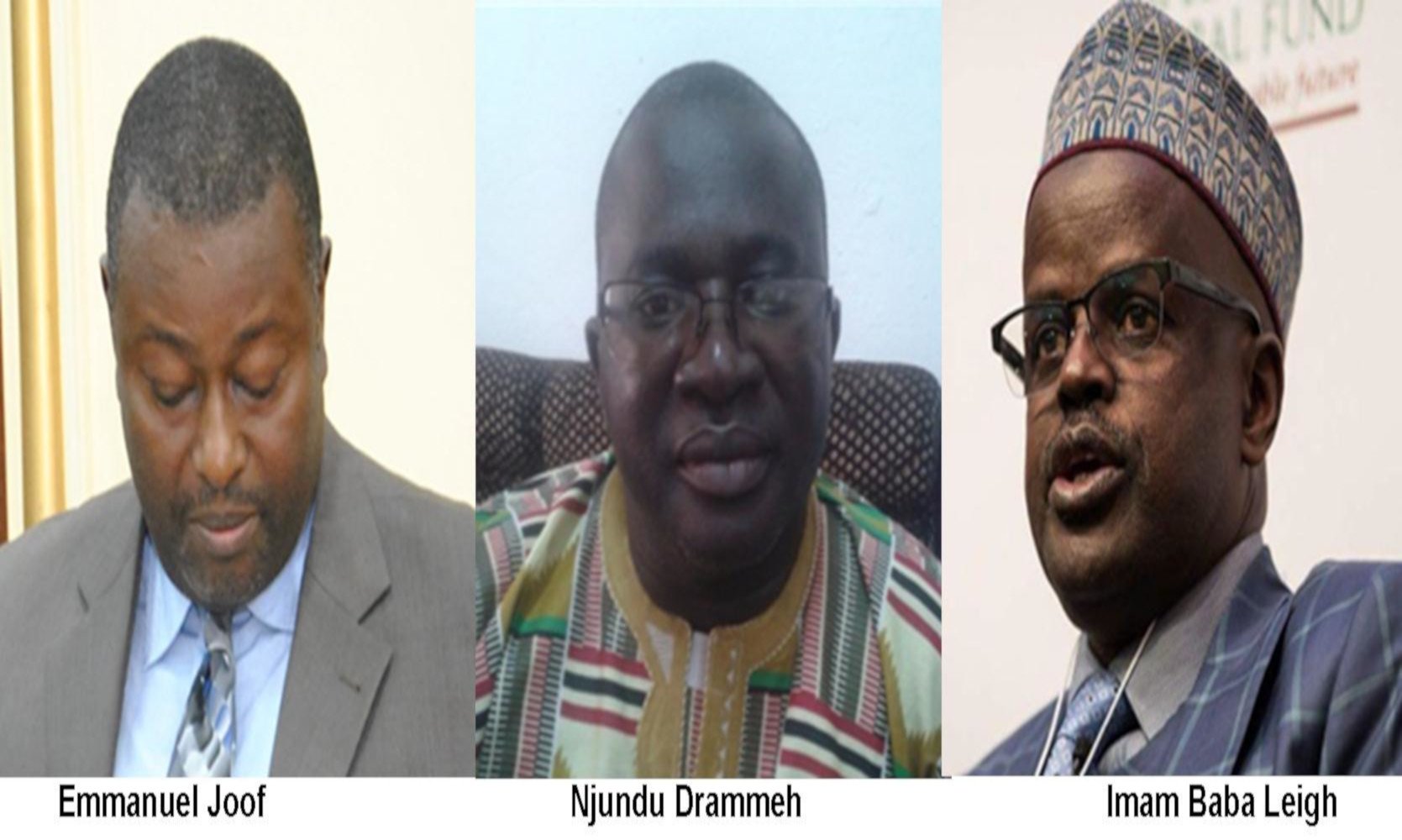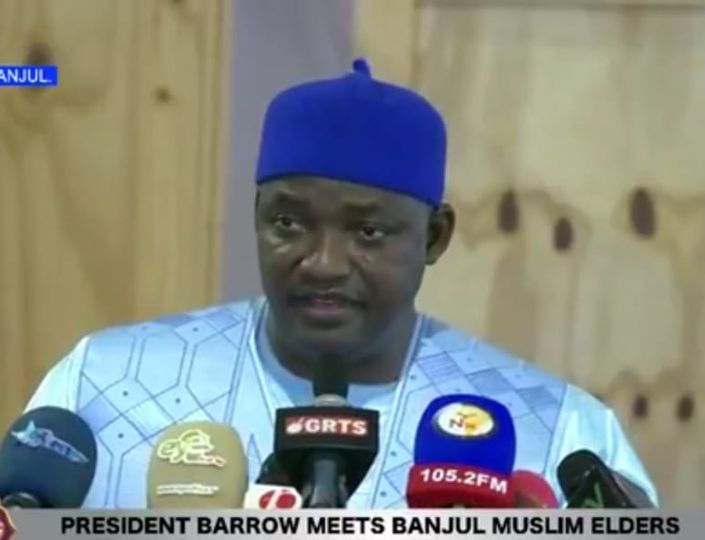By Isatou Jallow
The Gambia Agriculture and Food Security Project (GAFSP) and Gambia Inclusive and Resilient Agriculture value chain development GIRAV) has launched $56 million grant agricultural projects
Launched on Wednesday, according to officials the duration of the Gambia Inclusive and Resilience Agriculture value chain development project GIRAV is from 2022- 2026 and is funded by the World Bank at a tune of 40 million US Dollars grant while the Global Agriculture and Food Security Programmed otherwise known as Global GAFSP is funding the Gambia Agriculture and Food Security Project (GAFSP) to the tune of US$16 million with the African Development Bank (AfDB) as the supervising entity.
The project is meant to support and promote the development of inclusive, resilient, and competitive market-oriented agricultural value chains with a specific focus on smallholder farmers and agric businesses.
Meanwhile, among the expected results is to contribute to improved market access, increase sales and competitiveness, and also increased productivity and resilience to climate change.
Hon. Seedy Keita, minister of finance in his statements described the project as another significant milestone in the strong and time-tested partnership between the Government of The Gambia, the World Bank, and the African Development Bank.
He noted the continuous support and collaboration towards facilitating development strides by the African Development Bank by providing timely and required funding for planned and emergencies.
Hon Keita assured that the government is committed to addressing the current geo-political and economic challenges, through the formulation of responsible fiscal policies and sustainable sectoral strategies to improve the country’s living standards and the well-being of citizens.
He said the solutions being sought have revolved around efforts to rebuild political and economic relations with The Gambia’s traditional development partners, as well as cultivating and consolidating partnerships with emerging ones.
He pointed out that the Gambia’s relationship with development partners is critical for the attainment of long-term development objectives, as enshrined in the national development plan, the African Union’s Agenda 2063, the UN Agenda 2030, and the Sustainable Development Goals.
“The Gambia, like the rest of the world, has been badly hit by the COVID 19 pandemic and the current Russia-Ukraine conflict, taking the country off the sustained growth path it has been on since 2017, with GDP registering a decline.
General economic activities have been negatively affected, resulting in less than anticipated revenue collections and increased expenditures,” Minister Keita noted.





